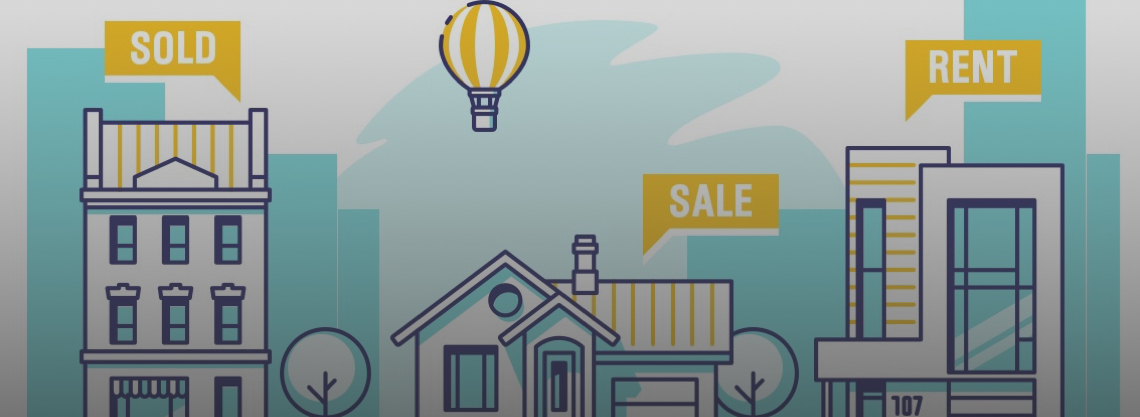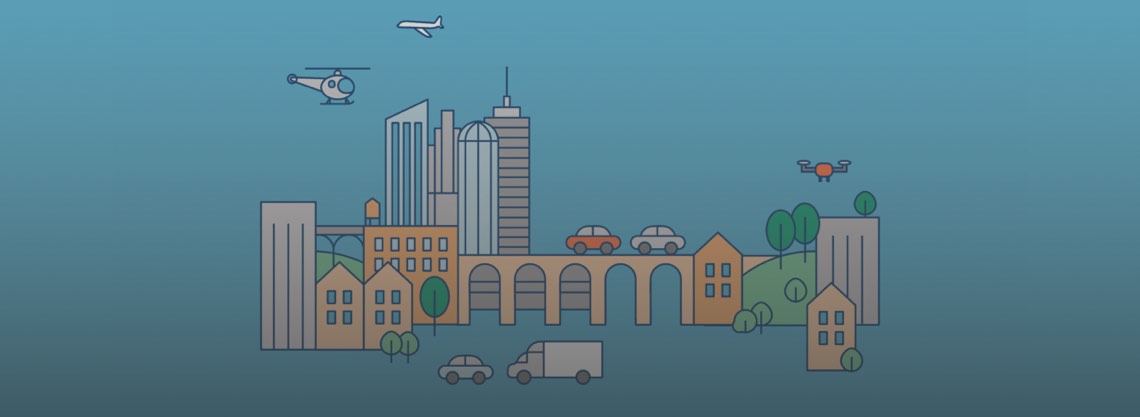Prop the Proptech Up: Technology Trends of 2022
AR / VRnewsartificial intelligenceblockchaininternet of thingsLet's put it bluntly, most of the work activity that an average person does is to gain some sort of property. And a huge part of what we call ‘business processes’ concerns the property circulation either way.
But what is ‘property’ foremost? What does ‘tech’ part add? What is proptech software? And most importantly, what proptech trends are likely to dominate in 2022?
In this abstract, we’ll answer these questions, cover some property technology examples, and try to predict at least the near future that proptech solutions hold for us.
Property & PropTech to round up the terms
So let's define the broad terms. What does the word ‘property’ actually mean? The answer seems easy ‒ it’s something that belongs to me.
But let's dig a little deeper. We’ll see that the word ‘property’, judicially and economically, is mostly regarded not as ‘the thing’ itself. Instead, it describes the person’s legal rights to do whatever they want with ‘the thing’.
Formulated differently, you can burn your freshly purchased brand-new SUV to a crisp, and nobody will have trouble with that (except for you, your wife or husband maybe). But if you try to do that with a car that was purchased not by you and ultimately can’t be considered your property… you’d better not do that. I literally mean ‒ EVER!
Thinking beyond destruction, your property can be sold, shared, transferred, exchanged, pawned, and in fact, only your imagination is the limit.
In addition, property can be private, public, collective or cooperative, and, as we all know, intellectual.
But we’re not lawyers in the court. In order not to make a short story long, let’s set up the terms.
In this text, we’ll be addressing ‘property’ mostly as real or tangible, immovable objects, which basically fits the term ‘real estate’.
And ‘proptech’ (unsurprisingly ‒ property technology) is an umbrella term for software and hardware, technological and conceptual solutions for the real estate industry.
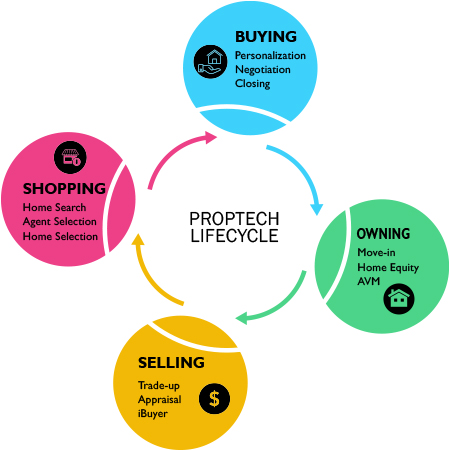
The beneficiaries of proptech solutions may be anyone starting from average tenants to international real estate companies.
So, shall we begin?
AR/VR to let you see what isn’t there
Not long ago, I was presented with one of the trendy VR headsets (let’s not specify which one, nobody paid for the commercial :). I was astonished and even a bit frightened, having realized how easily our brains get tricked and switched to that artificial reality. By all means, the potential of such technologies is tremendous.
Inspecting the place physically goes after prior research on the internet nowadays. And a detailed presentation of a potential accommodation in virtual reality can serve as another interlayer to form a more reasoned impression about likely investment. This would save time and optimize decision-making processes.
3D modeling injected into augmented or virtual reality can provide us with some architectural perspectives or the possible options of an interior design.
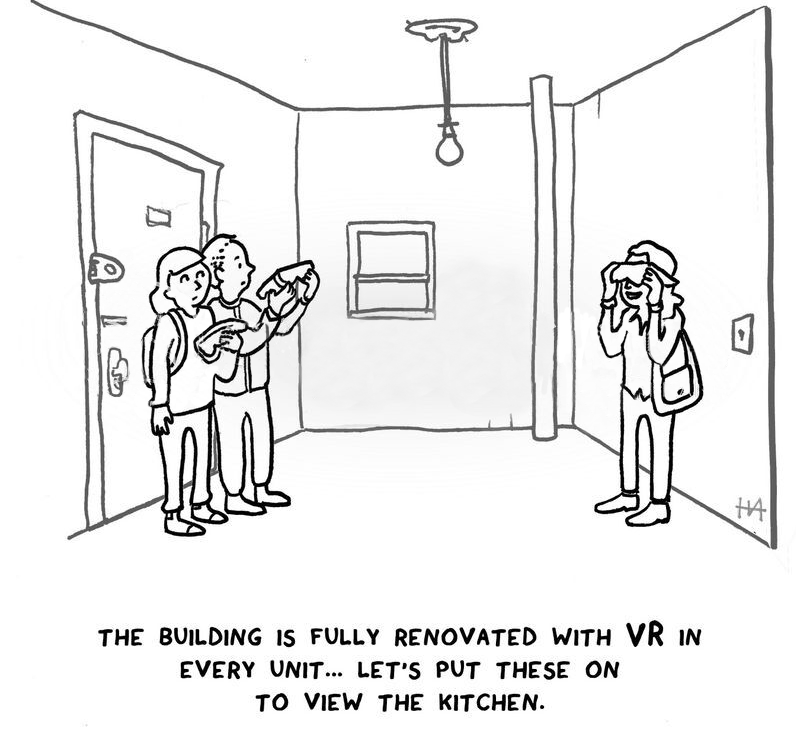
Especially in the face of the pandemic, the ability to operate with varieties without any physical presence can’t be left unnoticed by the real estate industry and proptech in particular.
IoT to save you from extra work
The niche of real estate is quite conservative. So it might take more time for it to adopt something new and innovative than for other spheres. Nonetheless, IoT has proved to be so efficient and ubiquitous that it’s been storming the industry for a few years now.
How so? Firstly, let’s recall what IoT stands for.
IoT, or the Internet of Things, encompasses the ability of all-scale devices to perceive, process, and transfer data through the network without human interference and twenty-four-hour monitoring.
Proptech has eagerly grasped the benefits IoT provides and put it to service for multiple purposes:
- Data monitoring of premises
- Reduced-time maintenance
- Predicted repairment
- Broader leasing opportunities
Devices like sensors packed into a building transform one into a ‘smart building’. Such devices can easily stream data live about the parameters of pressure, temperature, humidity, or even the number of people present in the room at the moment.
Obviously, you can set alerts for extraordinary events, set routine checks of house appliances, optimize utilities, and many more.
AI & Big Data to pump the engines up
As was mentioned in the previous point, IoT elements are practically everywhere now. And they are continuously producing unimaginable volumes of data. Industrial buildings, parts of the infrastructure, and even private housing, are all objects for analysis of different parameters:
- Customers’ behavior patterns
- Energy consumption peaks
- Traffic and logistics
- Housing equipment state
To wrap this data and turn it into useful information, AI-based real estate software processes it in huge amounts and projects it in the form of dashboards, graphics, and all kinds of reports.
Moreover, AI-driven business predictions have also been known for their precision for quite a while. They’ve become invaluable for market behavior analysis, serving as an irreplaceable decision-making management tool.
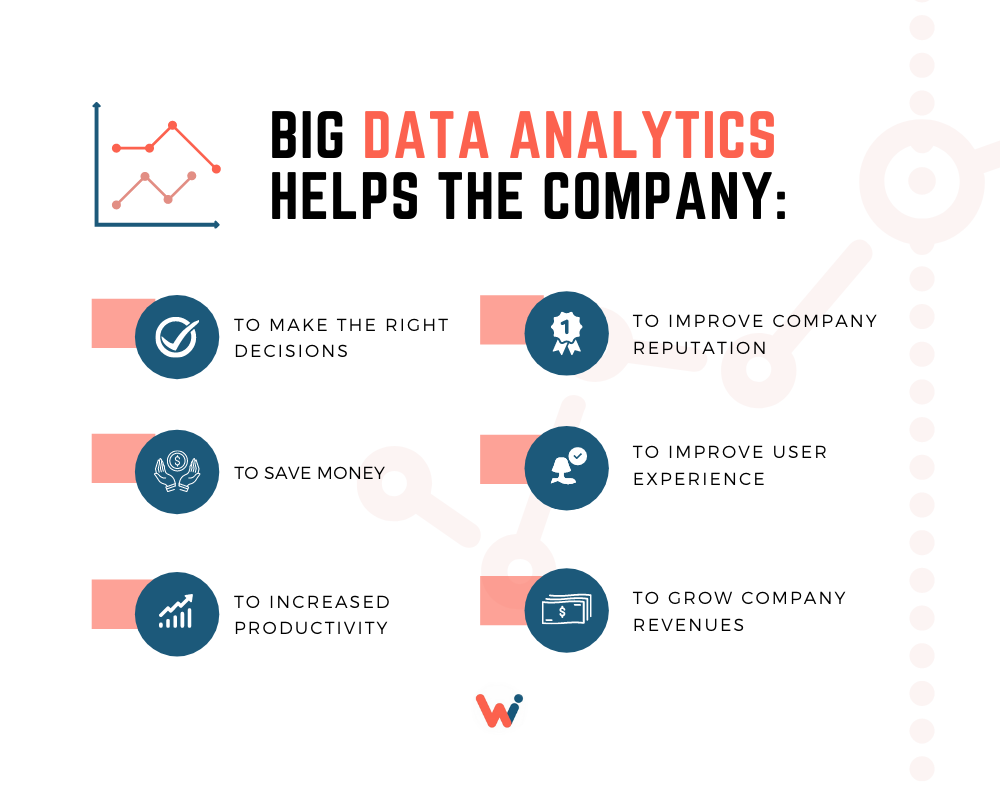
With that said, AI and Big Data carry on to become mainstream in many directions. And regarding proptech solutions, they make a perfect ground for tenants, landlords, and the industrial sector for expanding and optimizing their resources to the full.
Digital Passports to open your heart for trust
To increase trust and objectiveness in the real estate industry, passports serve as a warrant and description of a particular object. As going digital is an inevitable part of our present reality, proptech technology is now in great demand among real estate companies for this purpose.
A digital passport may not only hold all the detailed information about the parameters and materials of a building but also include some basic functionality for digital operations. They can be transferring, sharing, or any other operation which does not involve authority officials or involve them to the least extent.
Proptech can combine the document with the functionality of real estate software. Who’d ever miss such a chance in sound mind?
Smart contracts and blockchain capabilities for handling payment transactions are already setting the way and continue to boost the industry this year as well.
NFTs to possess and let possess
Since we’ve mentioned blockchain, here’s one more concept that managed to exploit its benefits ‒ non-fungible token, or NFT.
We won’t be getting too much into why it sometimes conjures mixed feelings, you can read about that in the article about smart contracts in real estate. But it’s enough to say that, whatever anyone claims, it perfectly fulfills the function of proving the ownership of a particular entity, including physical ones.
Once again, the concept still faces some judicial inconsistencies and some sort of misunderstanding from certain parts of society. Though, the fact that quite a noticeable number of official, multi-million deals were conducted relying on this technology is also undeniable.
Without going into much detail, NFTs can serve as proof of ownership of your property. Moreover, they can include multiple-value objects, be shared, combined in a container, and almost anything you can think of.
One can call NFTs a bureaucracy killer, as properly applied, it can ease a huge deal of various processes. No doubt, as a part of real estate software, NFTs will play a significant part in the future of proptech.
Spare some time for an expert opinion:
Conclusion to… conclude
Well, this was a short list of top proptech trends of the current year of 2022. A few proptech examples to illustrate which way the wind in real estate software development is blowing.
To stay tuned, don’t forget to subscribe to our blog using the form below. Also, check our Medium to improve your current projects or to set up one from scratch. And last but not least, browse through the Vilmate portfolio to find some real-life examples, and not only.



